Voters reflect on impact of new Labour government
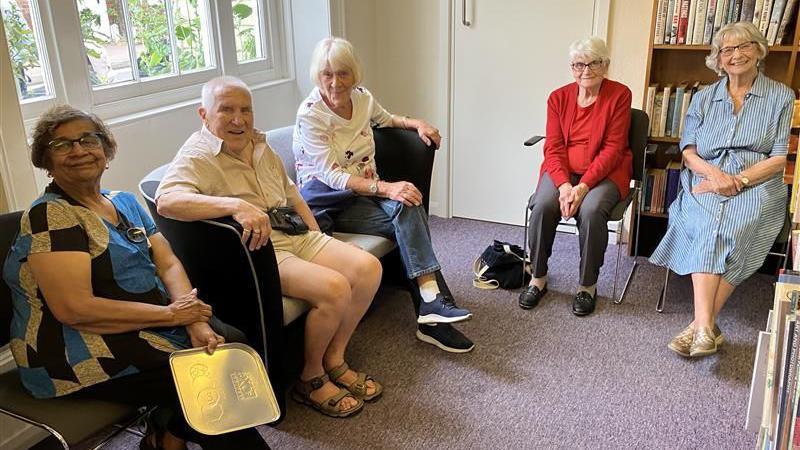
Residents who attend a weekly coffee morning in Wye were not entirely satisfied with the Labour government
- Published
It has been nearly a year since the general election which saw Labour win a landslide majority and turn parts of Kent red for the first time ever.
A lot has changed in the past 12 months, so how is the government faring in the eyes of the voters as we approach its first anniversary?
BBC South East recently spent time in Wye, near Ashford, and in Folkestone and Hythe - both former Conservative strongholds now represented by Labour MPs.
In these places, we found the level of satisfaction with the Labour government very much policy dependent.
Regulars at a weekly coffee morning at the local library in Wye want more from their Labour government.
Ashford, a constituency held by the Conservatives since the 1930s, now has a Labour MP, which came to the surprise of many, including Labour themselves, who had not included it on their list of target seats.
But there was some unhappiness among residents at the coffee morning, particularly over the removal of the winter fuel payment for some pensioners last year.
'Pull up their socks'
Patricia Dalton said she was "cross" when the policy was first announced.
She said: "They did it when we really needed it. People that can't get out, they either go without food or heating."
Although Ms Dalton welcomed the recent U-turn on the policy, she said this was not enough at the moment to change her attitude towards the government.
"They've got to pull up their socks and change what's going on and if things get better, I'll change my opinion," she said.
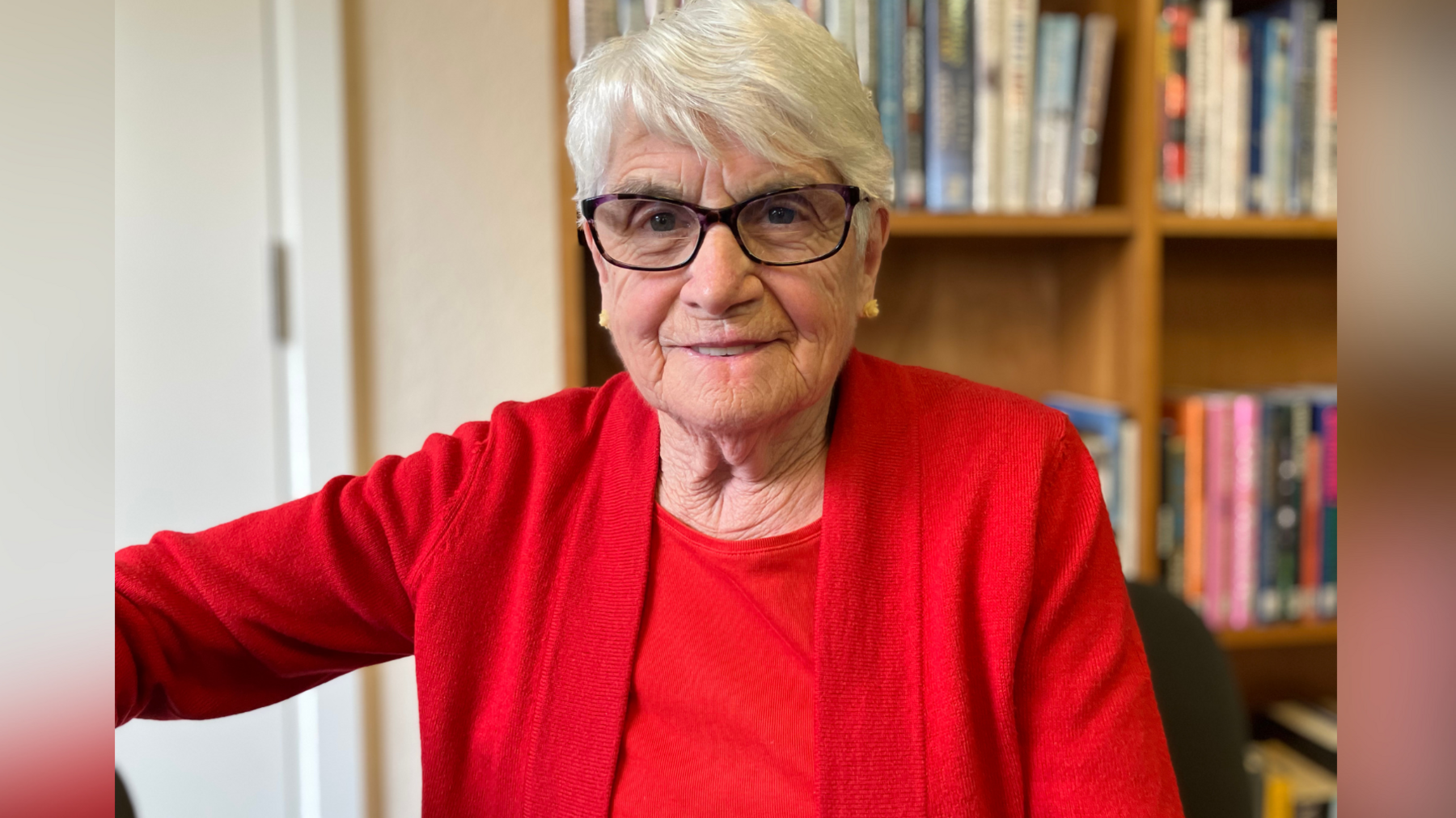
Patricia Dalton has welcomed the recent U-turn on the winter fuel payment
Recent headlines around the government's planned changes to disability benefits, including the personal independence payment (Pip), concerned Kay Lord.
She said: "We become quite vulnerable as we get older… I've got a friend that needs benefits and she's frightened that they're going to take it away from her."
The government has been keen to emphasise that the health service is a priority, with Chancellor Rachel Reeves announcing an increase to NHS funding of 3% a year.
That was something former intensive care nurse Devaranee Chant welcomed.
She said: "They are trying to put money into the NHS. I was with the NHS for 42 years, I got the best end of it… It is very important."
But the issue of small boat crossings is a worry for Robert Taylor, who thinks the amount of money spent on asylum hotels is "absolutely ridiculous".
The National Audit Office (NAO) has predicted that asylum housing costs will hit £15.3bn over the next decade, while earlier this month the government pledged to end their use by 2029.
Its Border Security, Asylum and Immigration Bill, aimed at tackling the crossings, is currently going through Parliament.
'More time' needed
There is a more positive outlook towards the government's policies, particularly those centred around education, at the gates of Mundella Primary School in Folkestone.
Folkestone and Hythe, once the constituency of former home secretary and opposition leader Michael Howard, had also been blue for decades before Labour's surprise victory last year.
The school is part of the government's pilot for free breakfast clubs, which co-headteacher Lauren Wharmby said had made "a real difference".
Having run a free breakfast club for a couple of years, the school now has extra income to provide daily breakfast to all its pupils after becoming one of the early adopters of the pilot.
Ms Wharmby said: "It's really successful, we have about 60-80% of our children turn up every day… Our children come in so much more settled and ready to learn."
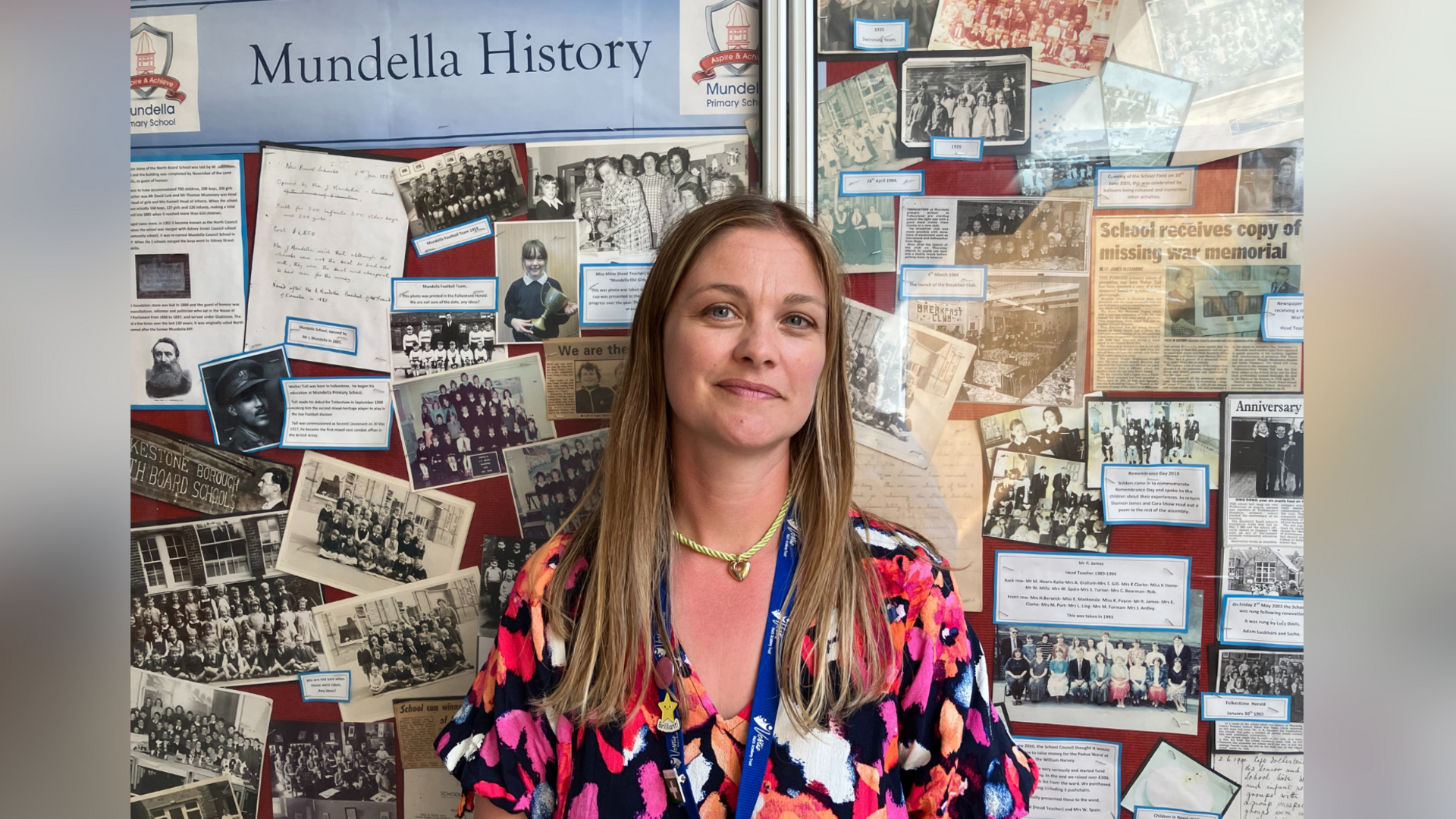
Co-headteacher Lauren Wharmby said being part of the government's pilot for free breakfast clubs has made "a real difference"
One parent, Douglas Slocombe, who the BBC met at pick-up time, said he believed investing in an "underfunded" education system would prove effective but patience was needed.
He said: "It's hard to tell after a year, I think you need to give them [the government] a bit more time."

Douglas Slocombe believes the education system has been left to "rot for quite a long time"
In the recent Spending Review, one of the largest funding boosts announced was for the education sector.
The core schools budget is due to rise by £2bn in real terms by 2029.
"So far, so good", says another father, Agberia Martins Biuwovwi.
"We parents, we know we are benefitting from it," he added.
Another key priority for Labour over the past year has been housing.
They have reintroduced mandatory housing targets and committed to building 1.5m homes by the next election.
But while mother Lily Reynolds said she recognised homes needed to be built, she was worried about the impact of new developments.
She said: "If there's more houses, at least more people [are] able to get somewhere… [but] it seems to they're trying to take the history out of Folkestone."
The government has been contacted for comment.
Follow BBC Kent on Facebook, external, on X, external, and on Instagram, external. Send your story ideas to southeasttoday@bbc.co.uk, external or WhatsApp us on 08081 002250.
Related topics
Related stories
- Published5 July 2024
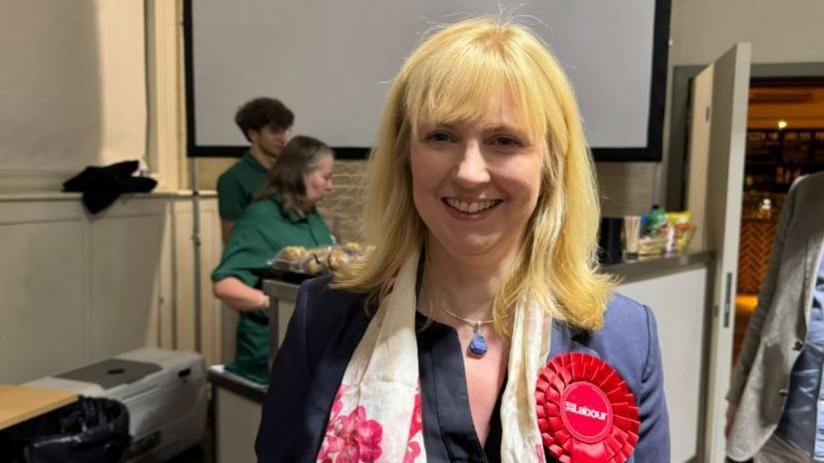
- Published5 July 2024

- Published9 June
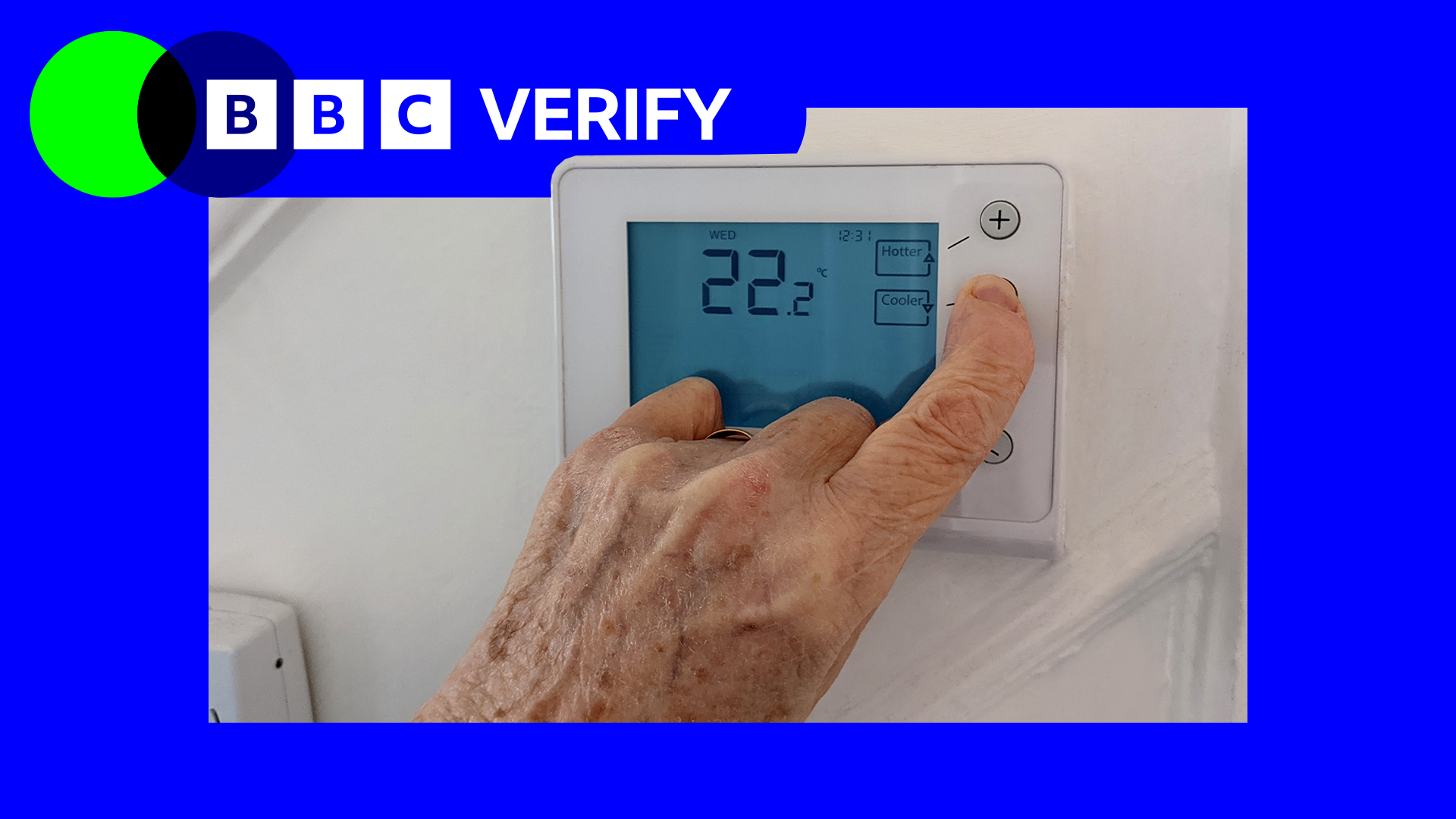
- Published11 June

- Published20 April
